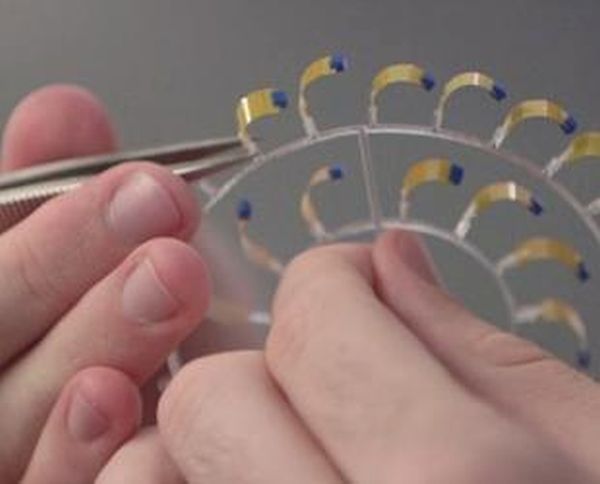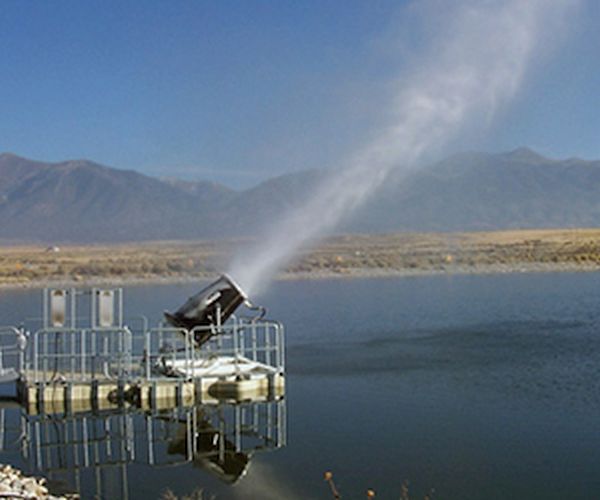We have heard a lot about the process of evaporation and the water cycle. Recent developments in the field of renewable energy sources have pitted evaporation energy as the next big renewable energy source on earth in the near future.

In fact, scientists have developed two unique devices, a rotary engine that powers a miniature car and a floating, piston driven engine, which derive their power solely from evaporation. These devices prove that the large-scale use of evaporation energy to generate electricity is not too far.
Tapping Evaporation Energy

How would it be possible to trap evaporation energy, considering that it is invisible and hardly felt? Researchers have discovered certain bacterial spores that swell and shrink with varying humidity levels. When doing this, they can pull or push objects effectively. The movement, thus produced, transforms into usable electrical energy.
The first device that utilized this principle is a floating, piston driven engine that comes with these bacterial spores attached to both sides of a plastic tape. While the spores shrink (when exposed to dry air), they shrink the tape. On the other hand, moist air expands the spores and thus, extends the tape in the process. This repeated contraction and expansion motion creates an artificial muscle that we can control by varying the humidity levels.

Researchers then placed dozens of similar spores coated tapes side by side. This created a rather strong artificial muscle placed within a plastic floating case with shutters at the top. The changing humidity level causes the muscle to elongate and contract, opening and closing the shutters respectively, thus creating a self-sustaining cycle.
This cycle in turn, generated enough electricity to power small sensors or floating lights at the ocean floor. The team of researchers claims that a large-scale version of the same setup can actually generate more electricity per unit area when compared to a wind farm.
Scientists also believe that it would be possible to design engines that would be powered by the mechanical energy stored in these spores. The energy thus produced can even power a full sized vehicle.
Scientists have worked out a way to make use of evaporation energy to produce electricity. Two successful prototypes utilize bacterial spores to generate enough electricity for small LED lights and sensors. Scientists believe that a large-scale design following the same principle can generate enough electricity to power even full sized vehicles.



